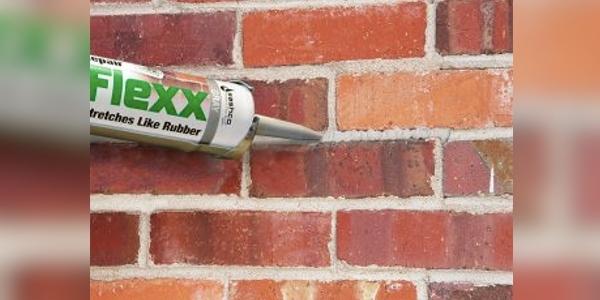Roofing Industry Experiencing Price Increases

By Heidi J. Ellsworth, RCS Partner.
COVID-19 continues to have long-term effect on economics of the roofing industry.
Since the start of COVID-19 in the spring of 2020, the roofing industry has been affected on several fronts including building material price increases. Roofing companies are seeing increases around the country for all types of building and roofing products.
The lumber industry continues to see price increases and according to the National Home Builders Association, “Lumber prices increased 14.9% in August, marking the largest four-month gain since such data was first recorded in 1949 and the second-largest gain since seasonally adjusted data became available in 1975.”
Shingle allocations and price increases have also been prevalent throughout 2020 due to high levels of storm-related re-roofing and limited raw materials. According to a roofing contractor’s website, “This week a roofing manufacturer put out a 4-6% price increase effective August 17 which follows two other shingle manufacturers with 2-7% increases and a fourth manufacturer following with their increase.”
A key component used by most manufacturers is asphalt, which is seeing its own price increases. According to Bud Polston of United Asphalts, there are widespread price increases with asphalt due to how it is processed. The demand for gasoline has been uneven in 2020 and jet fuel has seen a huge decrease in demand. According to Deloitte Insights, “Demand for gasoline has risen as more cars have returned to the road and as shops, retail stores, and restaurants have reopened. However, demand for jet fuel has remained anemic, with U.S. demand still half of its pre–COVID-19 levels, as many people defer air travel."
The lack of demand for jet fuel has a trickledown effect on the amount and cost of producing/refining asphalt. According to information gained by United Asphalts from a refinery source, "COVID-related lockdowns nationwide are impacting primarily gasoline and jet fuel (both lower demand and lower pricing). Most refineries cannot make asphalt and resid (oil products that remain after petroleum has been distilled) without also making gasoline and jet fuel and it appears that black oil production across the U.S. has decreased as a result. This is leading to higher market prices for resid and asphalt on account of the decreased production and to incentivize more production. Although the market price has increased, it is still not high enough to offset our incremental production costs of asphalt and resid.”
This is not something that roofing manufacturers are pleased about, but it is a fact that there will be price increases and building owners should be aware. The Associated Builders and Contractors Chief Economist, Anirban Basu stated in a recent press release, “This dynamic (of building material price increases) is already observable, for example, in the prices of softwood lumber. As America’s single-family housing construction boom continues, many builders are ordering softwood lumber. With suppliers collectively lacking the near-term capacity to easily fill these orders, prices were spiking for much of 2020. Similar conditions may influence other commodities later this year as global growth accelerates.”
In November and December of 2020, United Asphalts was hit with significant increases to the price of raw materials. They recently announced, “We are forced to increase our prices by an average of 10% in all markets for many reasons, including the ongoing ripple effects of the COVID-19 pandemic.”
So, although many manufacturers must pass on price increases, they are more committed than ever to extreme customer service. “We are working with all of our customers for long-term forecasting our roofing asphalts so they can bid and complete jobs profitably,” stated Polston.
And this is being found in the metal industry too. Roof Hugger recently announced, “As most of you are aware, several costs increase in steel have been announced in addition to some constriction in material availability. Roof Hugger, like many other fabricators, has found it necessary to pass along a portion of these material increases. We have done our best to minimize the increase and we are carefully monitoring our inventory levels.”
They continue, “Please take note that with the uncertainty of steel costs, pricing will be good for a period of 14 days from the quote date and subject to review, thereafter, please qualify your proposals to reflect these limits. Roof Hugger is still committed to providing the best customer service and product quality as we have always been known.”
Now more than ever a strong relationship with manufacturers and distributors is essential for contractors. Be sure to ask your contractor about upcoming material shortages, allocations or price increases.
Have a question? AskARoofer.
Find your local roofing contractor in the RoofersCoffeeShop® Contractor Directory.










Comments
Leave a Reply
Have an account? Login to leave a comment!
Sign In